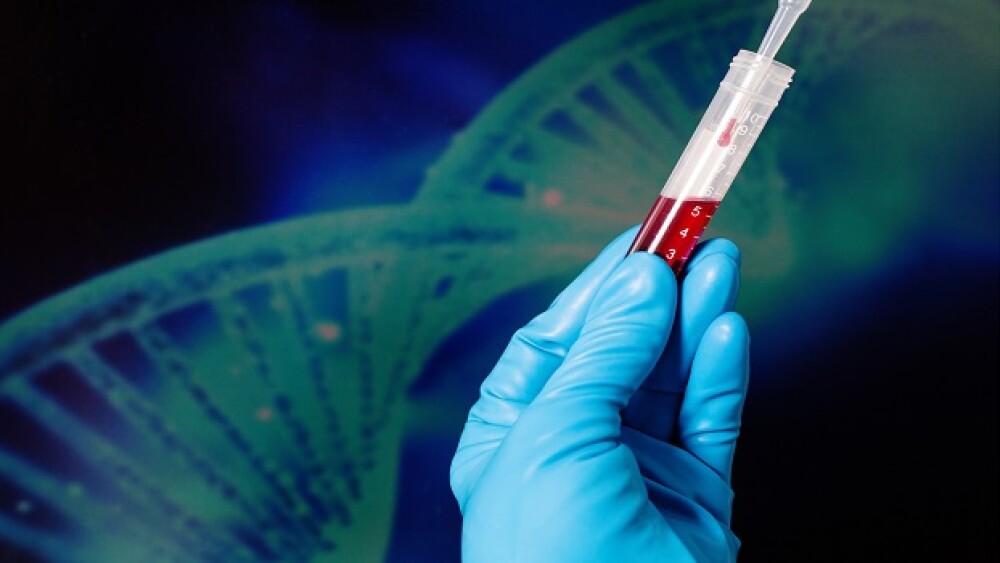Sigilon Therapeutics announced it may have discovered the reason why its experimental cell therapy treatment for severe hemophilia A was placed on clinical hold by the FDA.
Shares of Sigilon Therapeutics are down this morning after the company announced it may have discovered the reason why its experimental cell therapy treatment for severe hemophilia A was placed on clinical hold earlier this year by the U.S. Food and Drug Administration (FDA).
This morning, the company announced that it found fibrosed spheres in a patient who had been treated with SIG-001 in the Phase I/II hemophilia A study. After being dosed with the experimental treatment earlier this year, the patient underwent a laparoscopic procedure to retrieve the implanted spheres that encapsulated the cell therapy. After the spheres, which were created using the company’s Shielded Living Therapeutics platform, were retrieved, it was discovered that they have fibrosed and the encapsulated cell therapy was no longer viable. It is unknown at this time what caused the spheres to become fibrosed.
Sigilon’s Shielded Living Therapeutics platform combines advanced cell engineering with innovations in biocompatible materials. According to the company, the goal is to enable its assets to produce a wide range of therapeutic molecules that may be missing or deficient in the body, including proteins, antibodies, and enzymes. SIG001 is the company’s most advanced asset.
The clinical hold was placed on the study after the third patient, who received the highest dose of SIG-001, developed inhibitors to Factor VIII (FVIII), which is a known complication of FVIII therapy. The patient was treated for the issue and continued to be monitored.
In addition to understanding the cause of the severe adverse event, the FDA requested additional information or data on factors that potentially contributed to developing inhibitors in the patient. That includes family history and immune stimulation from a recent vaccination, Sigilon said at the time.
Before the clinical hold in July, three patients had been dosed with the experimental cell therapy. In its announcement this morning, Cambridge, Mass.-based Sigilon said it would investigate the cause of the fibrosed spheres. In the meantime, the three patients who had received the cell therapy will continue to be followed per study protocol.
Rogerio Vivaldi, M.D., president and chief executive officer of Sigilon, said the safety and welfare of its patients are the company’s highest priority. In an announcement, Vivaldi said the company is gathering information about the fibrosed spheres to understand what occurred in the study. Once the data is compiled and processed, the information will be submitted for review by the Safety Review Committee for SIG-001 at its next meeting in December.
“We will be working closely with the FDA, other regulators, and advisors to determine the impact of these observations on our programs,” Vivaldi said in a statement.
In 2017, Sigilon was launched by Flagship Pioneering. Less than a year later, the company scored a collaboration deal with Eli Lilly to develop encapsulated cell therapies for the potential treatment of type 1 diabetes.
Sigilon noted this morning that the investigation of the fibrosed spheres could have an impact not only on the Phase I/II study in severe or moderately severe hemophilia A, but could also impact the dosing of the company’s planned Phase I/II clinical trial of SIG-005 for lysomal disease mucopolysaccharidosis type I (MPS-1).





